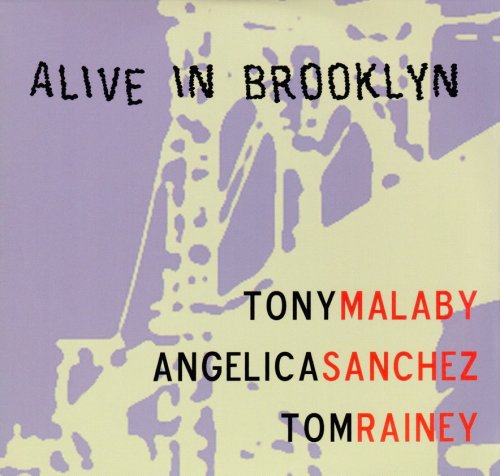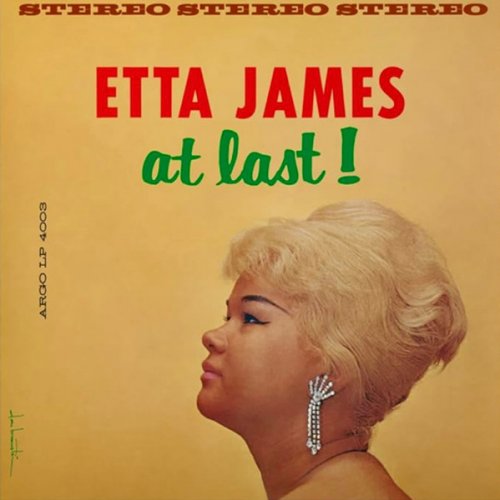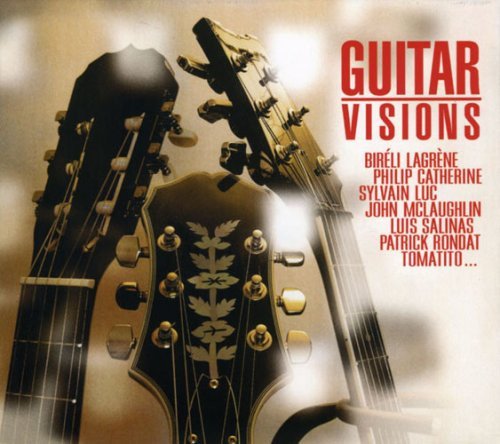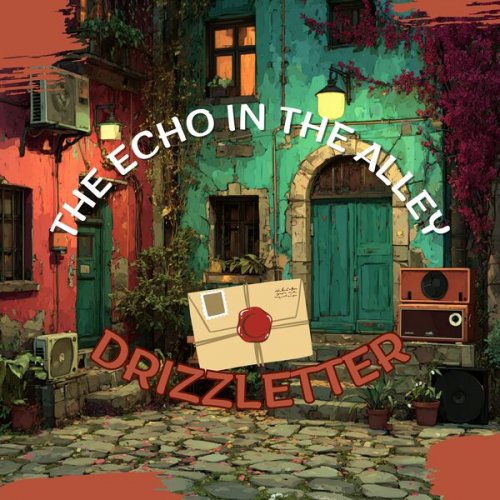Andres Thor - Hereby (2022) [Hi-Res]
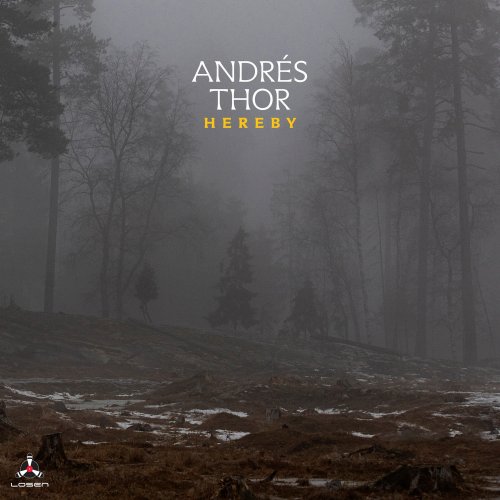
Artist: Andres Thor, Magnús Trygvason Elíassen, Nicolas Moreaux
Title: Hereby
Year Of Release: 2022
Label: Losen Records
Genre: Jazz
Quality: FLAC (tracks) [96kHz/24bit]
Total Time: 43:57
Total Size: 794 / 228 MB
WebSite: Album Preview
Tracklist:Title: Hereby
Year Of Release: 2022
Label: Losen Records
Genre: Jazz
Quality: FLAC (tracks) [96kHz/24bit]
Total Time: 43:57
Total Size: 794 / 228 MB
WebSite: Album Preview
01. Hereby
02. The Man Who Came To Play
03. Teabreeze
04. Stóísk
05. Whisper
06. Gagarin
07. Spor
08. Summer Night
09. December Cucumber
Like string quartets in classical music, jazz trios — commonly recognised as the genre’s elite discipline and in that regard perhaps the classical string quartet’s counterpart — are steeped in musical quotes of paragons and often subject to comparisons with their archetypes. In jazz, this usually concerns piano trios, among which the Bill Evans trio and Keith Jarrett’s standards trio could be considered the jazz lineup-equivalents to the quartet repertory by the likes of Ludwig van Beethoven or Claude Debussy. But throughout the 20th century there have been other trailblazers in jazz, who extended the prestigious format to other instruments — saxophonists Ornette Coleman and Jimmy Giuffre are but a few who come to mind. Pat Metheny may not have been the first to master the art of the guitar trio when he recorded Rejoicing with Charlie Haden and Billy Higgins in 1983, but he is arguably among the most prominent champions of the format. What’s more, he is the guitarist whose 1990 trio album Question and Answer opened Andrés Thor’s eyes up to a whole new world of idioms and set the Icelandic guitarist on a journey of musical exploration that’s still ongoing today. Hereby is his most recent discovery on that journey.
“It was the first guitar, double bass and drums jazz trio I had ever heard and I was drawn to that formation from that point forward, always on the lookout for albums like it”, Andrés remembers. From there the guitarist went on to comb through the rich history of jazz recordings, discovering a multitude of striking trio constellations, including the above mentioned piano trios — led by pianists, who remain among his most important influences today. As to guitarists, he counts Jim Hall and Grant Green’s trios among the most impactful, paradigm-shifting forerunners. They make for interesting and, more importantly, telling choices, as the two prodigious players had quite disparate approaches to harmonic construction — Green’s being an uncompromisingly linear concept, that favours the melodic implications over expansive chordal work, while Hall rather outlined each harmonic detail in a vertical way. Both notions are consolidated into Andrés’ playing.
The chordal approach is apparent from the outset, exposed in the title track’s main theme; Hall’s — famously — ever-so-slightly turned up amplifier tone is at least partially responsible for Andrés’ subtle electric guitar sound on “Spor” and maybe even encouraged the guitarist to switch to an acoustic instrument on “Summer Night” and “December Cucumber”. It is in Andrés’ soloing that the motif-based concept shines through, as he constructs frameworks through varying melodic configurations, connecting complementing fragments to a greater whole. His remarkable fretwork is on full display during the mid-tempo swinger “Teabreeze”, and even when veiled by a thick chorus-effect on “Whisper”, there can be no doubt where Andrés’ melodic loyalties lie.
Bringing the initial analogy full circle, one could argue that there are two central criteria, reciprocal in nature, that distinguish string quartet works from one another: the way the four instruments are organised among each other – hierarchically and texturally, depending on the nature of the composition – and how the arrangement is adapted to them in return. This underlines the importance of every instrument’s role in the lineup — for the most part prescribed by the composer’s score in classical music, whereas in jazz trios this responsibility tends to lie with the individual players. Each is a crucial part of the triumvirate, contributing essential impulses and character. Nico Moreaux and Magnús Trygvason Eliassen are sensitive accompanists, who delicately co-sculpt Andrés’ nine originals. And, while the predecessors who informed the guitarist’s music are discernable, on Hereby Andrés has merged their voices into a new entity of its own. One that provokes all sort of comparisons, and is all the more compelling for it.
Andrés Thor guitar
Magnús Trygvason Eliassen drums
Nico Moreaux double bass
“It was the first guitar, double bass and drums jazz trio I had ever heard and I was drawn to that formation from that point forward, always on the lookout for albums like it”, Andrés remembers. From there the guitarist went on to comb through the rich history of jazz recordings, discovering a multitude of striking trio constellations, including the above mentioned piano trios — led by pianists, who remain among his most important influences today. As to guitarists, he counts Jim Hall and Grant Green’s trios among the most impactful, paradigm-shifting forerunners. They make for interesting and, more importantly, telling choices, as the two prodigious players had quite disparate approaches to harmonic construction — Green’s being an uncompromisingly linear concept, that favours the melodic implications over expansive chordal work, while Hall rather outlined each harmonic detail in a vertical way. Both notions are consolidated into Andrés’ playing.
The chordal approach is apparent from the outset, exposed in the title track’s main theme; Hall’s — famously — ever-so-slightly turned up amplifier tone is at least partially responsible for Andrés’ subtle electric guitar sound on “Spor” and maybe even encouraged the guitarist to switch to an acoustic instrument on “Summer Night” and “December Cucumber”. It is in Andrés’ soloing that the motif-based concept shines through, as he constructs frameworks through varying melodic configurations, connecting complementing fragments to a greater whole. His remarkable fretwork is on full display during the mid-tempo swinger “Teabreeze”, and even when veiled by a thick chorus-effect on “Whisper”, there can be no doubt where Andrés’ melodic loyalties lie.
Bringing the initial analogy full circle, one could argue that there are two central criteria, reciprocal in nature, that distinguish string quartet works from one another: the way the four instruments are organised among each other – hierarchically and texturally, depending on the nature of the composition – and how the arrangement is adapted to them in return. This underlines the importance of every instrument’s role in the lineup — for the most part prescribed by the composer’s score in classical music, whereas in jazz trios this responsibility tends to lie with the individual players. Each is a crucial part of the triumvirate, contributing essential impulses and character. Nico Moreaux and Magnús Trygvason Eliassen are sensitive accompanists, who delicately co-sculpt Andrés’ nine originals. And, while the predecessors who informed the guitarist’s music are discernable, on Hereby Andrés has merged their voices into a new entity of its own. One that provokes all sort of comparisons, and is all the more compelling for it.
Andrés Thor guitar
Magnús Trygvason Eliassen drums
Nico Moreaux double bass
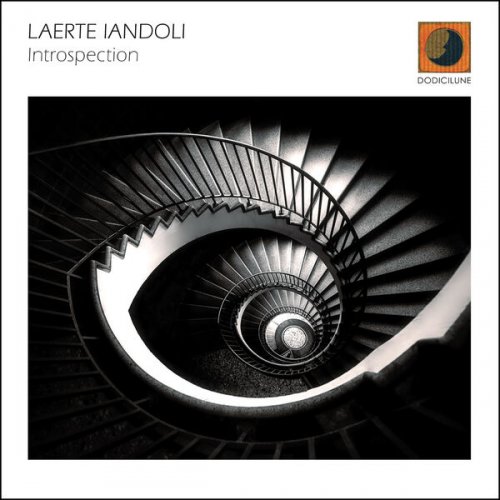
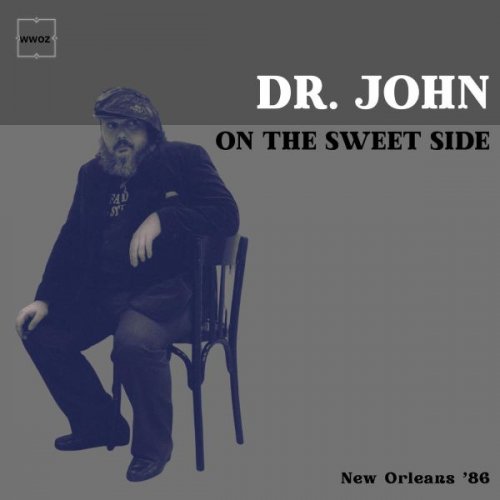
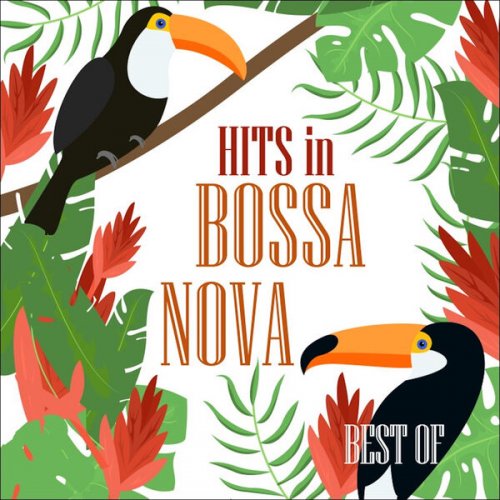
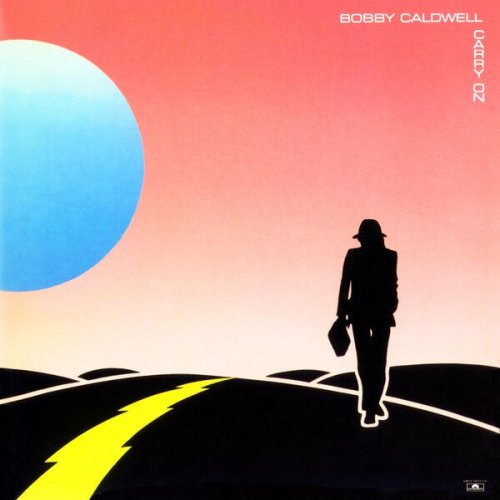
![Julius Hemphill - Dogon A.D. (Remastered) (1972/2026) [Hi-Res] Julius Hemphill - Dogon A.D. (Remastered) (1972/2026) [Hi-Res]](https://www.dibpic.com/uploads/posts/2026-03/1772427281_cover.png)
